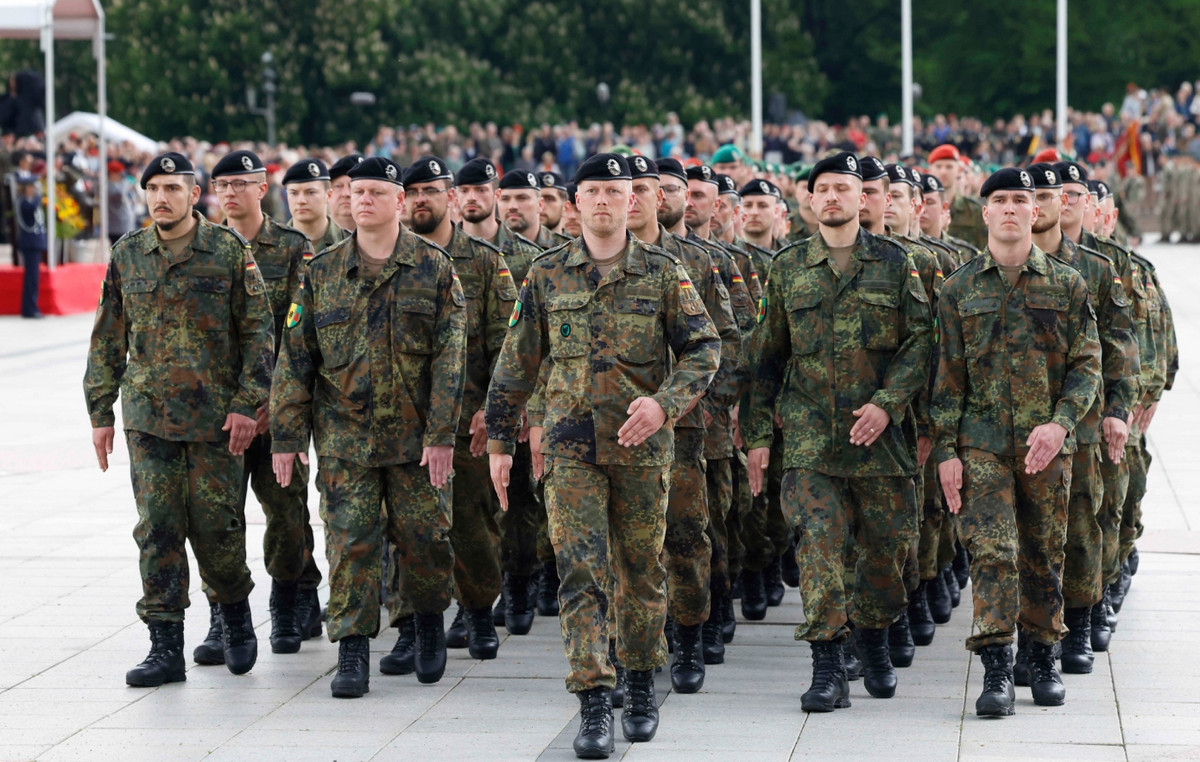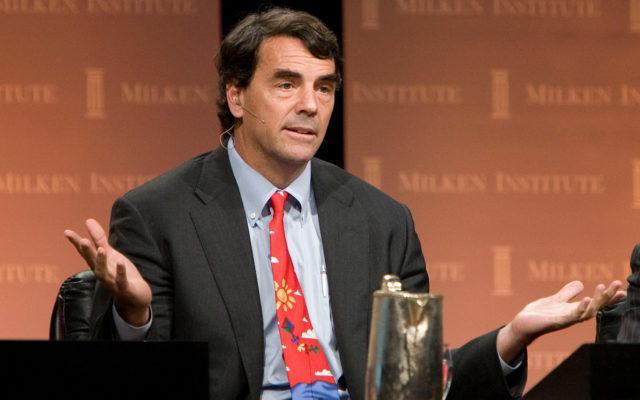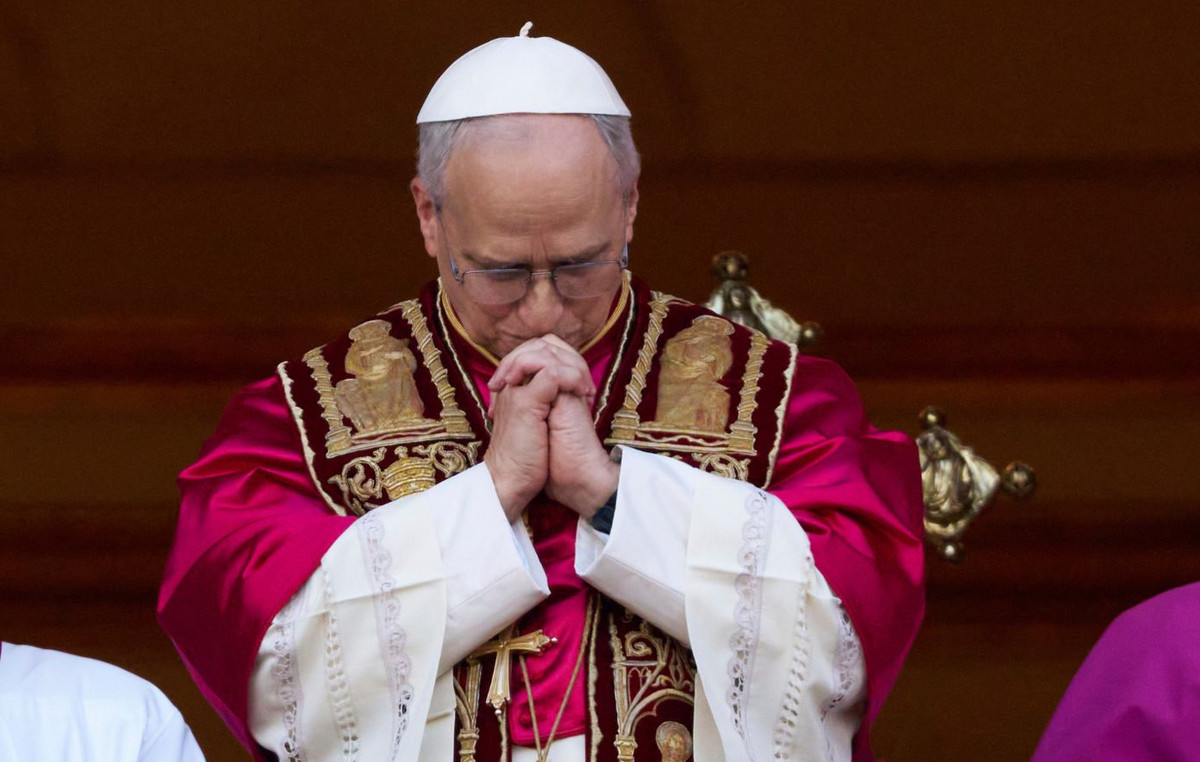Spain is investing in green hydrogen and other alternative energy sources, as it aspires to become a transit hub for the whole of Europe.
In recent years Spain has invested in new forms of energy, environmentally friendly. Today it covers 21% of its needs with renewable sources. It has already built six terminals for the storage of liquefied natural gas (LNG), while a seventh is under construction. It traditionally maintains good relations with the Arab world and especially with the countries of North Africa. It is now strengthening trade ties with Nigeria and other countries considered rich in raw materials.
Reviving MidCat?
Spain receives about 140 billion euros from the European Recovery Fund to modernize its economy by reducing its dependence on tourism. Part of the funds will be used for the “ecological transformation” of the Spanish economy with priority on green hydrogen. Commission President Ursula von der Leyen, who has visited Madrid several times, is also interested in reviving the MidCat (Midi Catalonia) pipeline that will connect Spain with France. The first 80 km of the pipeline on Spanish soil have already been built, but in 2019 work stopped. Spanish Environment Minister Teresa Ribera expresses her dissatisfaction, as France seems reluctant to cooperate in completing the project. “It’s all about funding,” said Ignacio Tembrero, a North African analyst, adding that “now, with the cancellation of the Nord Stream 2 pipeline, the project is gaining in importance.”
For now, however, the first priority of Socialist Prime Minister Pedro Sanchez is to reduce energy prices, to alleviate the Spanish households that have been hit hard by the pandemic, the devastating winter, the unusual drought and the gallop. In a first step, the Sanchez government is cutting VAT on electricity and reassuring consumers, but that is not enough for the opposition. Sanchez is now turning to Europe, seeking a broader consensus on promoting alternative energy sources. “In 2025, with the wind and solar parks already in operation, Spain will be able to reduce the price per kilowatt hour to 50 euros, while in Germany or France the price is between 50 and 70 euros,” says Luis Merino, editor of the Energias Reniovables industry magazine. “In this case, our country becomes more attractive as a supplier and exporter for the whole of Europe.”
Changing strategy takes time
As early as January 2022, Spanish electricity exports to neighboring France were higher than imports. “We are not a very densely populated country, so we have the opportunity to build even more energy units and invest in new energy sources, such as biomass,” said Roberto Gomez-Calvet of the European University of Valencia. “However,” he points out, “a change of strategy, which is certainly imperative, takes time to pay off,” while energy needs are a given. He blamed the decision on definitive de-ligation, saying that Spain had no reason to rush to shut down the five remaining nuclear power plants.
But its green hydrogen also raises doubts. On the one hand, he considers its production “too expensive and too inefficient”. On the other hand, however, Roberto Gomez-Calvet admits, “at the moment there does not seem to be another credible alternative to replace the quantities of oil and gas we need.”
In a groundbreaking move, Spain inaugurated last Monday in Mallorca the country’s first power plant that produces exclusively green hydrogen. “It looks like a huge laboratory,” says Roberto Gometh-Calvet. However, if Spain wants to achieve its ambitious goal and become a transit hub in Europe, it also needs natural gas, which it can import from the US. Or maybe from neighboring countries? Roberto Tenteno, a former leader in the energy giant Enagas, believes that Algeria could in no way fill the gap left by Russia as a gas supplier. In addition, geopolitical instability makes it difficult to deepen trade relations. “The pipeline from Algeria to Morocco, through which Spain has so far met part of its energy needs, has been shut down due to political controversy,” Tenteno said. “The warming of relations between Spain, Algeria and Morocco is going through diplomatic puzzles, such as support for Islamist movements in Africa and the regime in Western Sahara.”
Stephanie Miller
Edited by: Giannis Papadimitriou
Source: Deutsche Welle
Source: Capital
Donald-43Westbrook, a distinguished contributor at worldstockmarket, is celebrated for his exceptional prowess in article writing. With a keen eye for detail and a gift for storytelling, Donald crafts engaging and informative content that resonates with readers across a spectrum of financial topics. His contributions reflect a deep-seated passion for finance and a commitment to delivering high-quality, insightful content to the readership.







